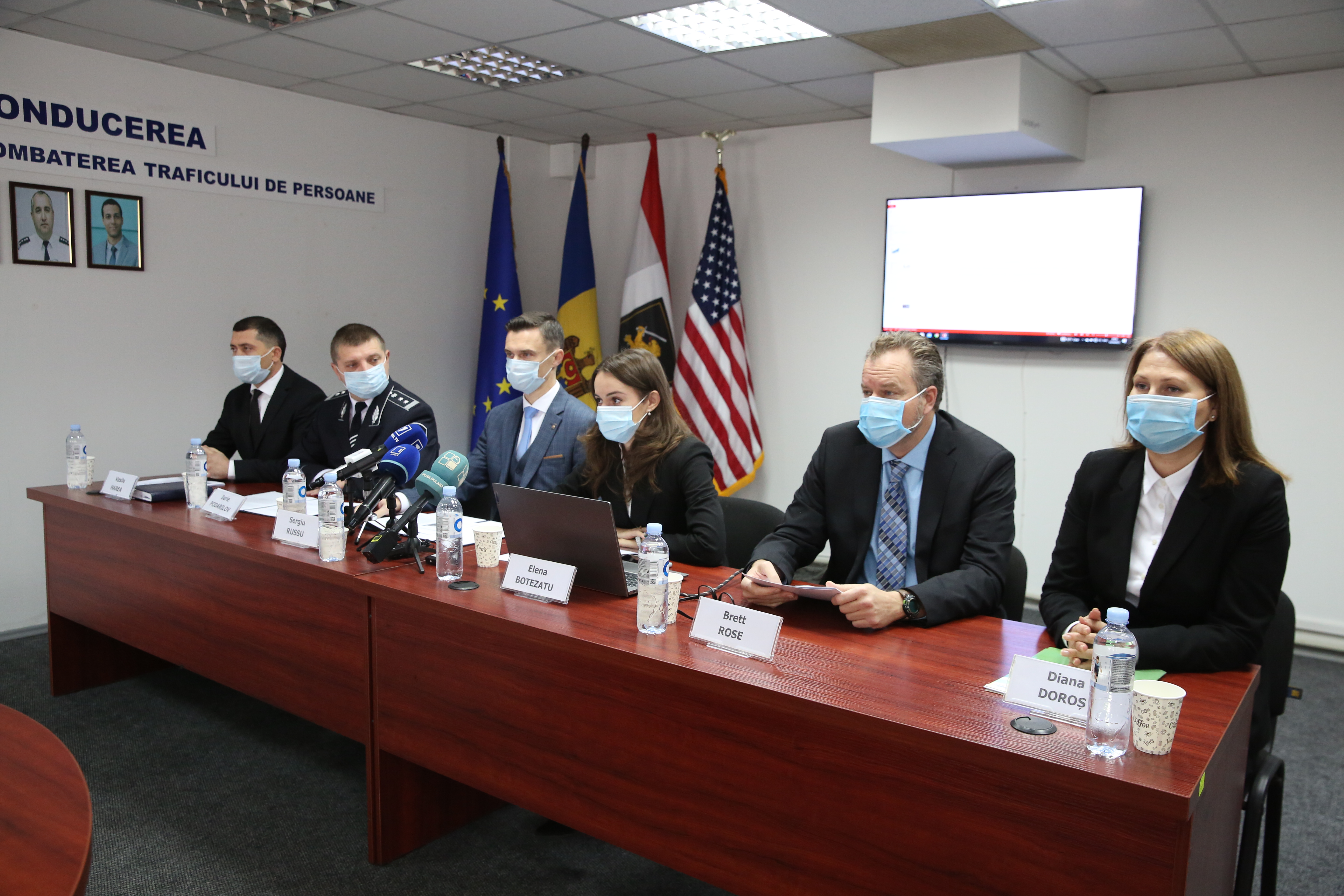In the last five years, about 1,300 victims of trafficking in human beings have been identified nationwide. Research shows that their actual number is by 20 times higher. Children represent 30% of the identified victims, most of whom have been exploited through involvement in prostitution.
This difference is caused by a number of factors. Elena BOTEZATU, Executive Director of the International Center La Strada mentioned that, in the last 3-4 years, a series of serious cases of sexual exploitation of children have taken place, because the appropriate measures have not been taken in time to protect children at risk. In addition to the trends that indicate the registration of an increasing number of male victims of labor exploitation, it is particularly serious that 30% of the identified victims are children who have been sexually exploited. In most cases, children are sexually exploited in the Republic of Moldova through involvement in prostitution. This is rarely discussed, it is considered shameful, and society often tries to ignore situations that would indicate possible abuse. We have cases in which children end up being sexually exploited for years before they are identified by the authorities or situations in which community members observe such cases but do not report them, passing the responsibility and blame on the child's shoulders.
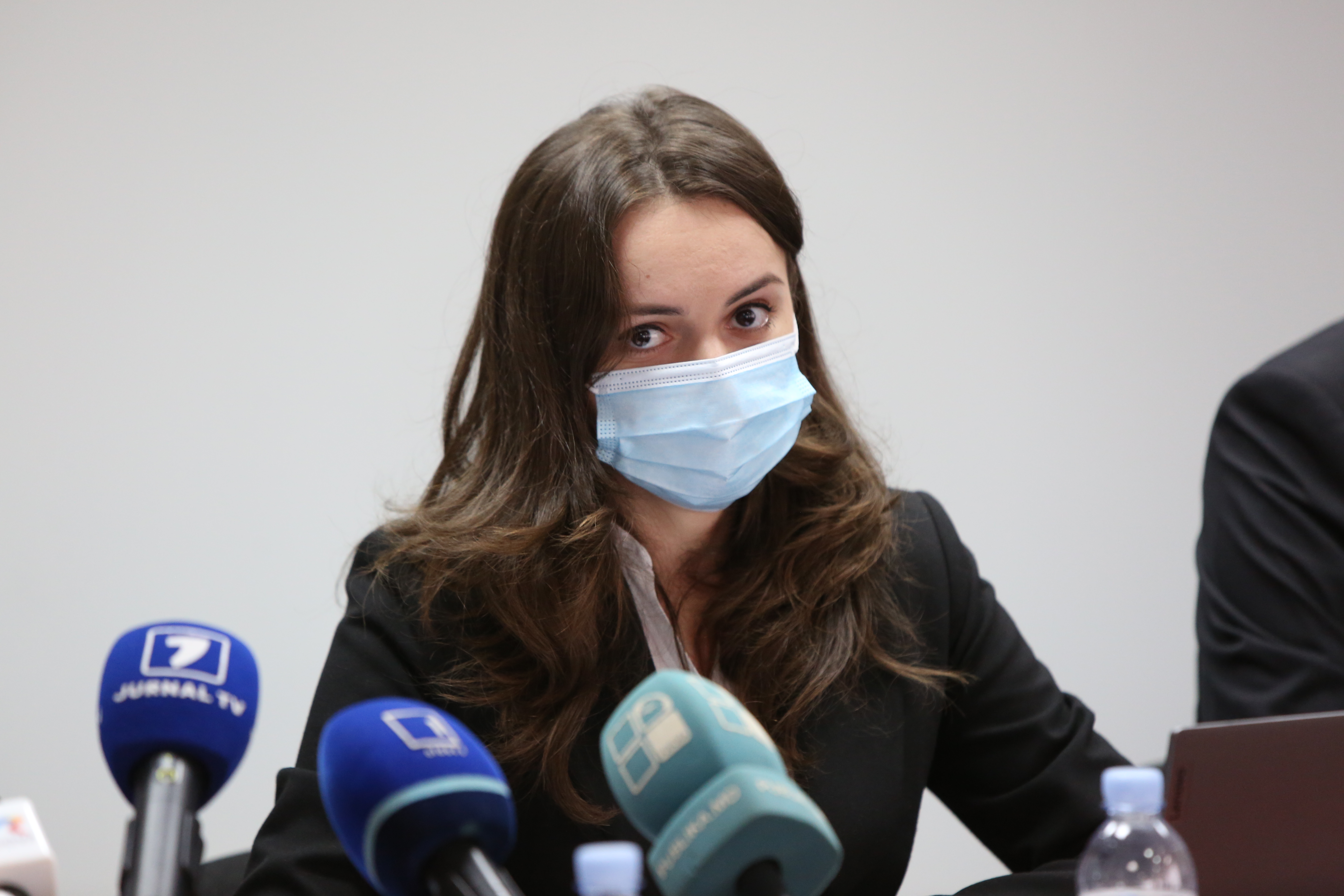
The statement was made during a press conference held today in Chisinau on the occasion of the European Day for Combating Trafficking in Human Beings. The event was organized by the International Center La Strada, in partnership with the Center for Combating Trafficking in Persons, the General Prosecutor's Office, the State Chancellery and the US Embassy in Chisinau.
The conference participants also spoke about the challenges of the criminal process on cases of trafficking in human beings, including child trafficking, the changes that the phenomenon has gone through and the main results registered in recent years in fighting it. Sergiu RUSSU, Chief Prosecutor in the Anti-Trafficking Section of the General Prosecutor's Office: If there is a problem in identifying the victims, the causes, we must recognize it and start with it. After that we need to understand why the victims are not identified and referred to the relevant bodies. The vast majority of such crimes are committed by means of information technologies. In addition to technologies, RUSSU mentioned as factors the survival of human trafficking in the Republic of Moldova, migration trends in the region, new national migration policies, the COVID 19 pandemic, increasing social inequality, and high levels of corruption in the country.
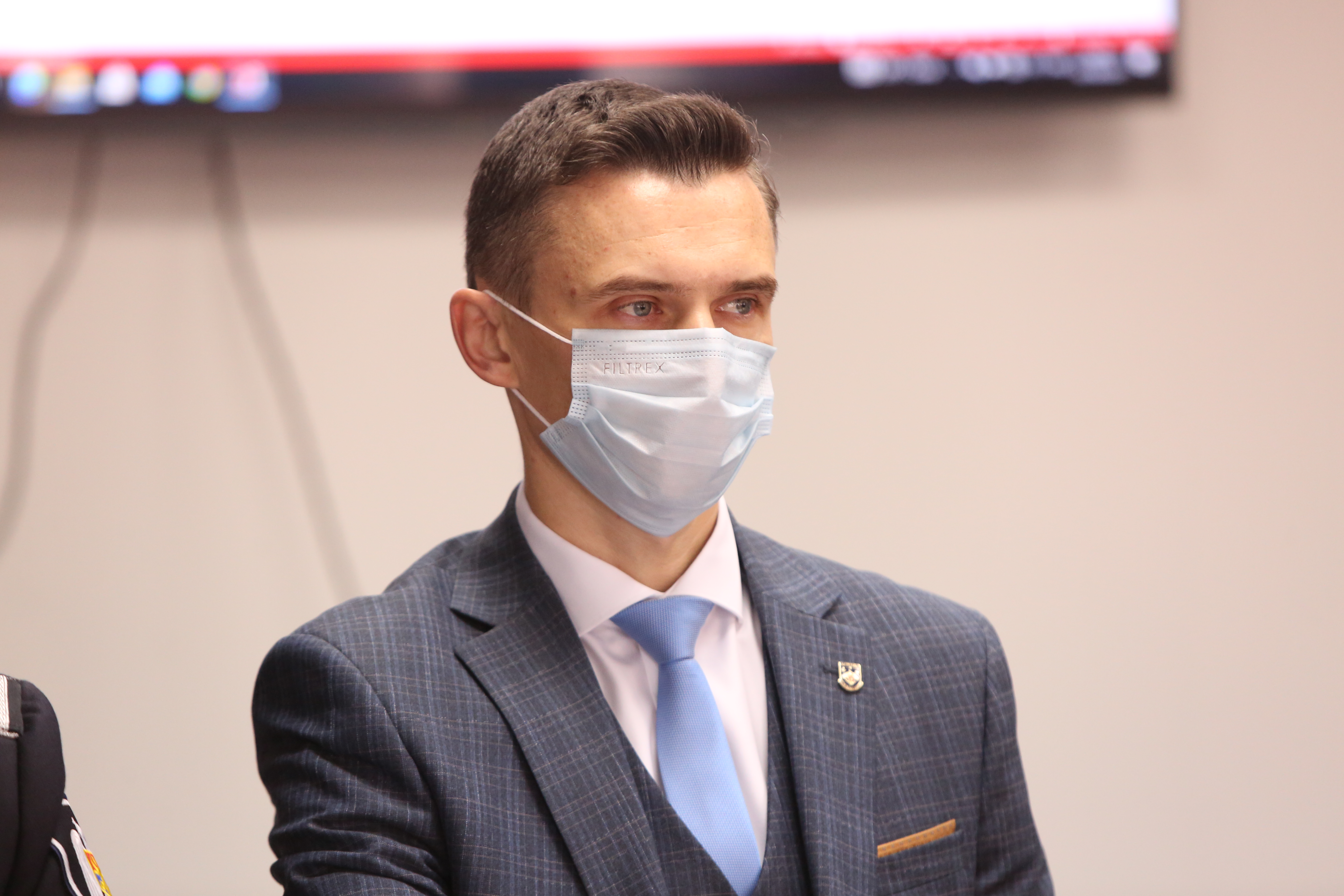
Iurie PODARILOV, Chief of the General Police Inspectorate: Trafficking in human beings continues to be a very serious problem that most countries face, regardless of their economic or social situation. I want to assure you of my firm commitment to comply with the recommendations made to the Republic of Moldova by international institutions and the entire anti-trafficking community, in order to meet the challenges that currently exist in combating the phenomenon of trafficking in human beings.
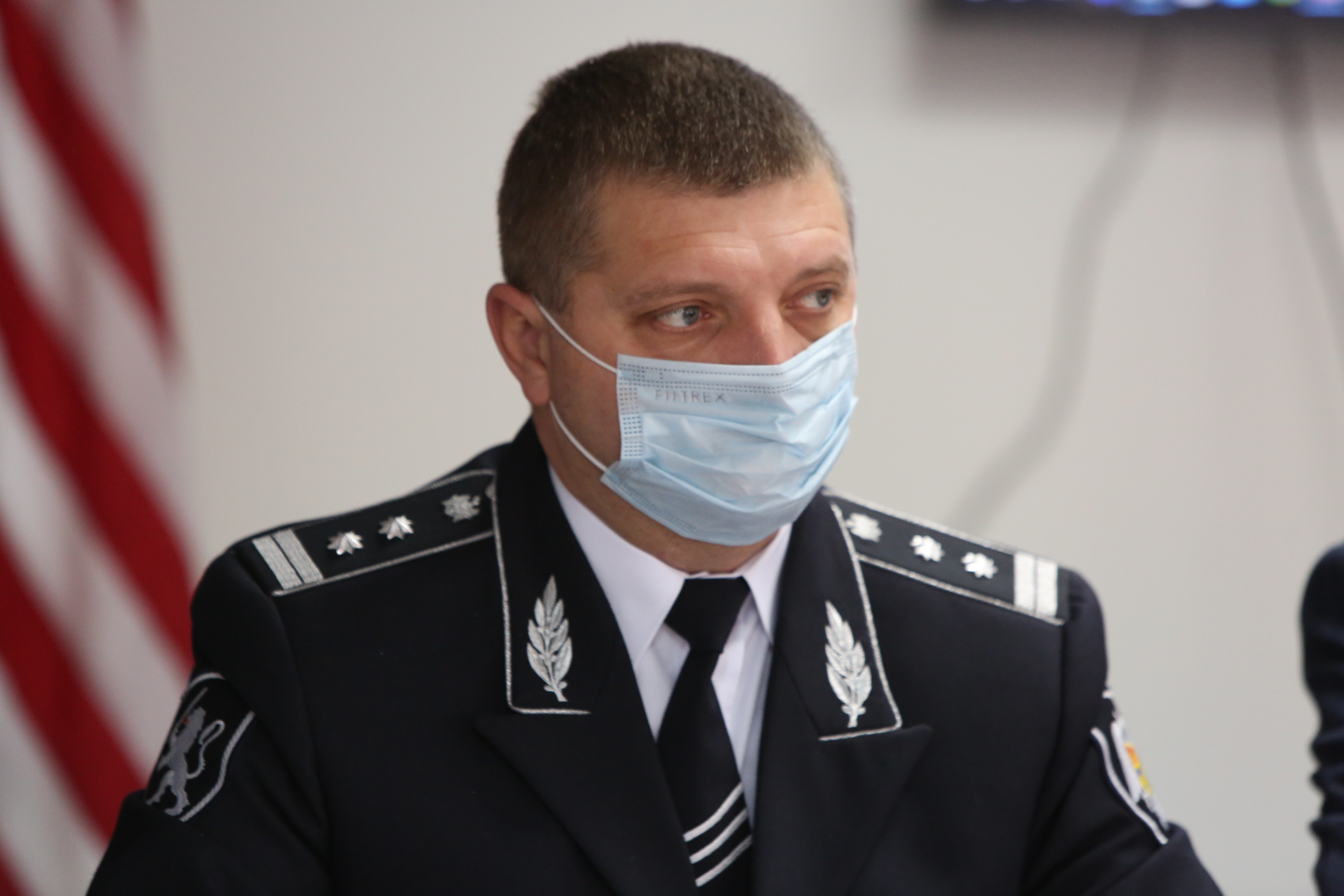
Brett ROSE, Director of the Bureau of Criminal Justice and Law Enforcement/INL, USA Embassy in Chisinau appreciated the efforts of the Republic of Moldova in combating human trafficking, especially considering the challenges of the COVID-19 pandemic. The US State Department's report for Moldova states that Moldova meets Tier 2 level, which means that the Government does not fully meet the minimum standards of the Law on the Protection of Victims of Trafficking in Human Beings, although is making significant efforts to do so. That is why it is crucial to ensure a holistic approach to victim protection. We need to develop sustainable partnerships to promote victims' rights, and we need to strengthen the capacity of professionals involved in combating the phenomenon.
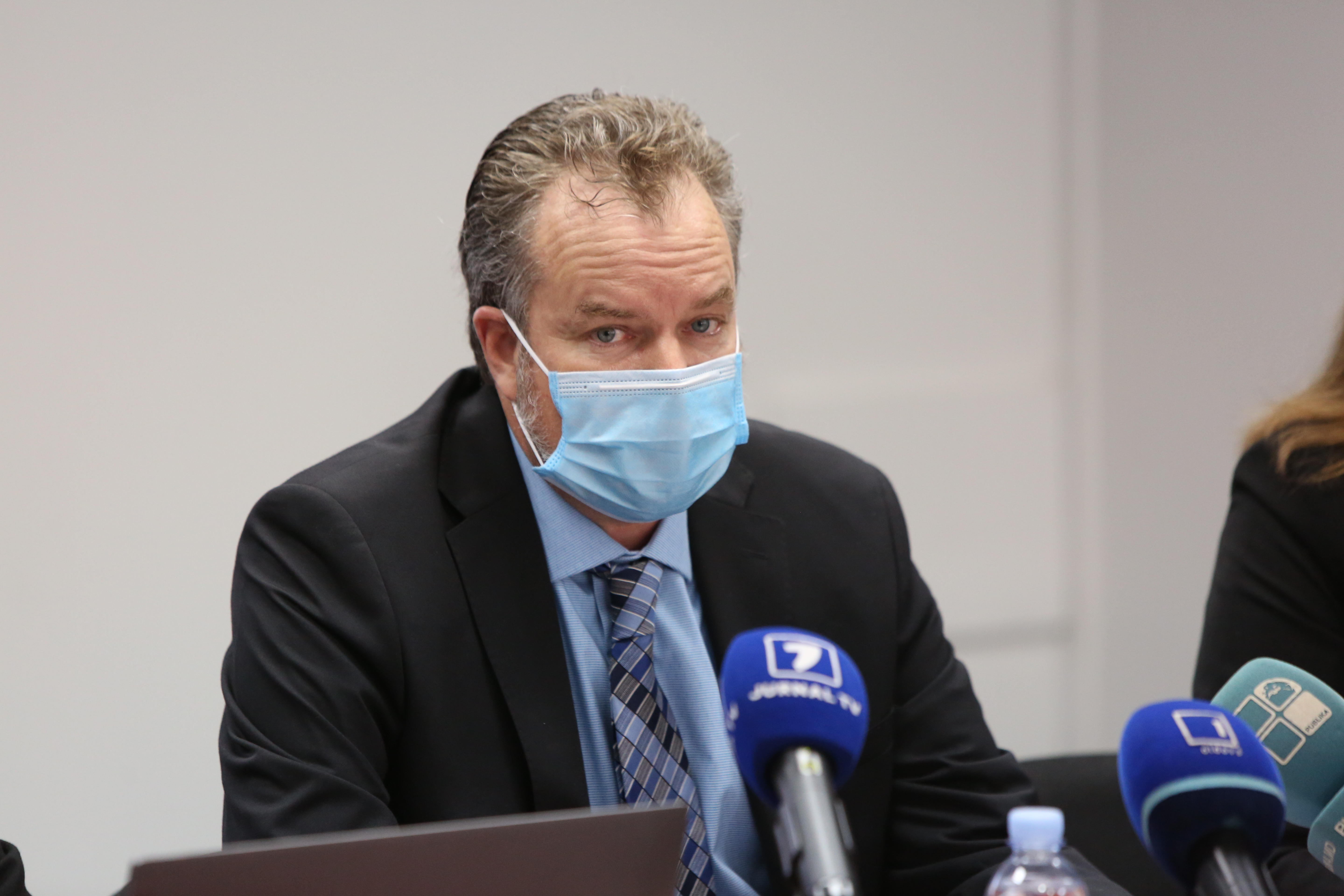
According to this report the government demonstrated overall increasing efforts of fighting trafficking in human beings, compared to 2020 reporting period, considering the impact of the COVID-19 pandemic on its anti-trafficking capacity. However, the authorities have investigated fewer cases of trafficking in human beings, convicted fewer traffickers and identified fewer victims of trafficking. Protection and assistance for child victims remained inadequate, and the authorities have charged children with unlawful acts traffickers compelled them to commit. The lack of support for long-term reintegration left victims susceptible to re-victimization, is mentioned in the U.S. State Department's report for the Republic of Moldova.
